The university surged an impressive 16 spots in the Times Higher Education 2025 Impact Ranking, and placed first in North America for advancing health and well-being, and clean water and sanitation.
June 18, 2025
McMaster ranks 14th in the world for global impact
Propelled by powerhouse research, innovation and partnerships, McMaster has soared to a top-tier position in an international ranking of universities based on their global impact.
The university ranked of 14th out of 2,526 institutions worldwide in the 2025 Times Higher Education Impact Rankings, which measure universities’ performance in advancing the UN’s Sustainable Development Goals (SDGs) to improve life around the world and protect the planet.
Besides surging an impressive 16 spots in the overall rankings, the university’s performance reflects its leadership in global efforts to advance health, well-being, access to clean water, industry, infrastructure and innovation; and to forging and strengthening meaningful partnerships to achieve the goals.
“We continue to be immensely proud of our researchers, students, faculty and staff for their work every day to make the world more sustainable, healthy and equitable,” says McMaster President David Farrar.
“I’m delighted to see their tireless commitment to global well-being recognized on this scale. I feel confident this result will inspire them to reach new hights as we continue working together to create a brighter world.”
McMaster was ranked the best in North America for working to end poverty (SDG 1); advancing good health and well-being (SDG 3), as well as clean water and sanitation (SDG 6); and reducing inequality at a local and global level (SDG 10).
The university’s robust ecosystem of innovation, focus on sustainable infrastructure and global network of partners and collaborators also earned it the rank of 51st worldwide for industry, infrastructure and innovation (SDG 9); and 59th worldwide for partnerships (SDG 17).
The United Nations introduced the SDGs in 2015 as a challenge to governments, universities, international organizations and the private sector to come together to make the world more sustainable, healthier and equitable.
Learn more about how our researchers are driving change and directly helping our local and global communities.

No. 1 in North America and No. 4 worldwide for SDG 3: Good Health and Well-being
McMaster researchers discover new class of antibiotics
Call it a home-grown solution: Researchers discovered the new lariocidin molecule — potentially a key solution to the global public health threat of antimicrobial resistance — in soil from a Hamilton backyard.
 50 years of vaccinology leadership at McMaster
50 years of vaccinology leadership at McMaster
McMaster University has long been at the forefront of vaccinology, making groundbreaking contributions that have shaped the field for decades. From pioneering critical research tools to leading innovation in next-generation inhaled vaccines, McMaster’s impact on global health is profound and far-reaching.
 McMaster leads creation of Canada’s first guidelines for Post-COVID Condition
McMaster leads creation of Canada’s first guidelines for Post-COVID Condition
The Canadian Guidelines for Post COVID-19 Condition (CAN-PCC) provide clear, evidence-based recommendations to educate and help patients, health-care professionals, and policymakers navigate the condition commonly called Long Covid.
Indigenous-led team secures $24M in federal funding for transformative brain health research
The federal funding supports the Indigenous-led group of university and community-based researchers working to transform brain health and develop a bundle of dementia assessment tools that will benefit Indigenous groups across Canada and internationally.
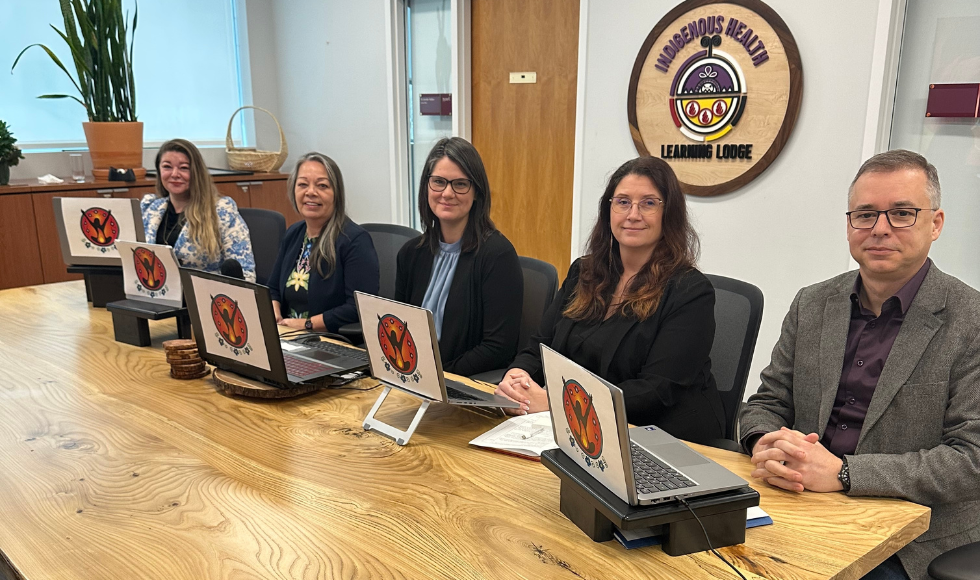
Click here to learn more about McMaster’s mission to create a healthier world for all.
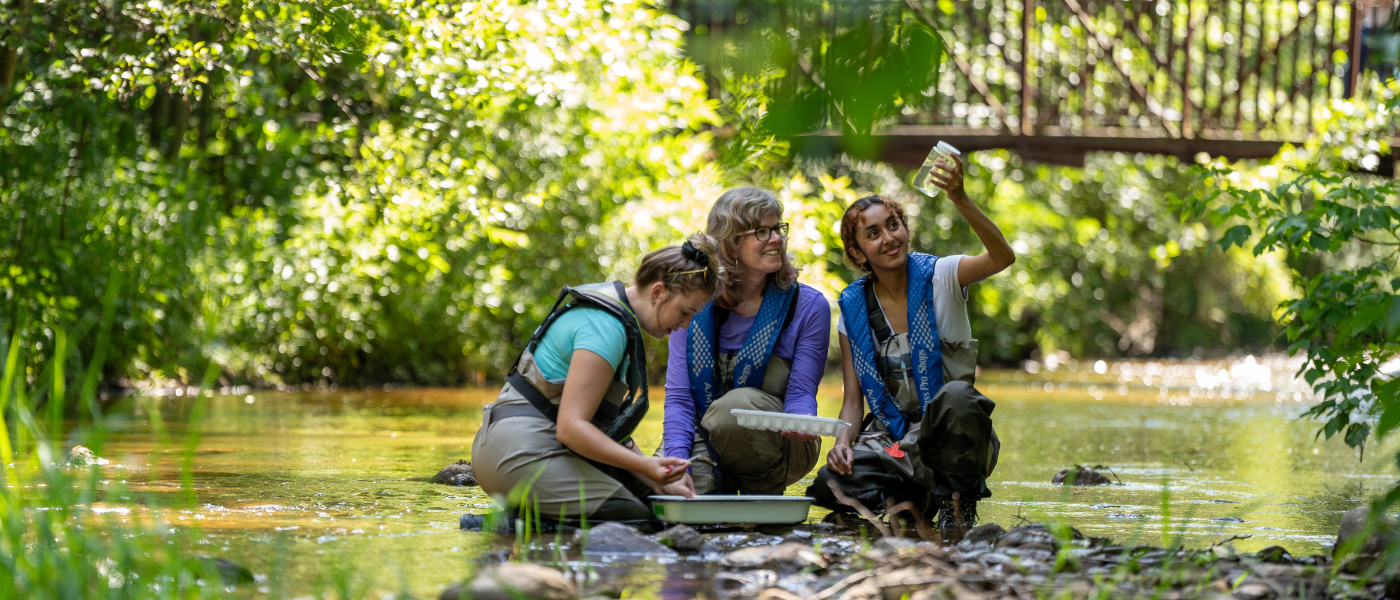
No. 1 in North America and No. 8 worldwide for SDG 6: Clean Water and Sanitation
 How Ingrid Waldron developed and championed Canada’s first environmental justice law
How Ingrid Waldron developed and championed Canada’s first environmental justice law
Health sociologist Ingrid Waldron, the HOPE Chair in Peace and Health, has worked for years to reveal and mitigate the effects of environmental racism. Her advocacy led to legislation to combat environmental health hazards that disproportionately affect racialized communities.
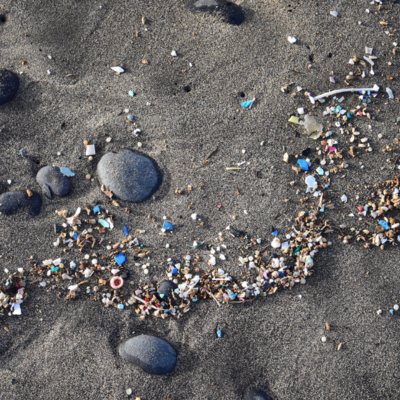 ‘Microplastics everywhere we look’ — Great Lakes watchdog calls for Canada and U.S. to act
‘Microplastics everywhere we look’ — Great Lakes watchdog calls for Canada and U.S. to act
High levels of microplastic particles require coordinated regional monitoring and further research. Scientists from McMaster and other institutions advise a cross-border organization.
 Study finds high DDT levels in fish 60 years after pesticide was used
Study finds high DDT levels in fish 60 years after pesticide was used
The discovery of high DDT levels in brook trout in New Brunswick is raising concerns about wildlife that eat the fish. The trout absorb the pesticide that has lingered in the environment for six decades and washed into waterways.
A creek runs through it: Welcome to the outdoor teaching and research lab
You could say rivers run in the family for grad students Kate Pearson and Priyanka Hire. They are working with Professor Elli Papangelakis on Mac WELL, a living lab that will monitor the health of the Ancaster Creek aquatic ecosystem in real time.
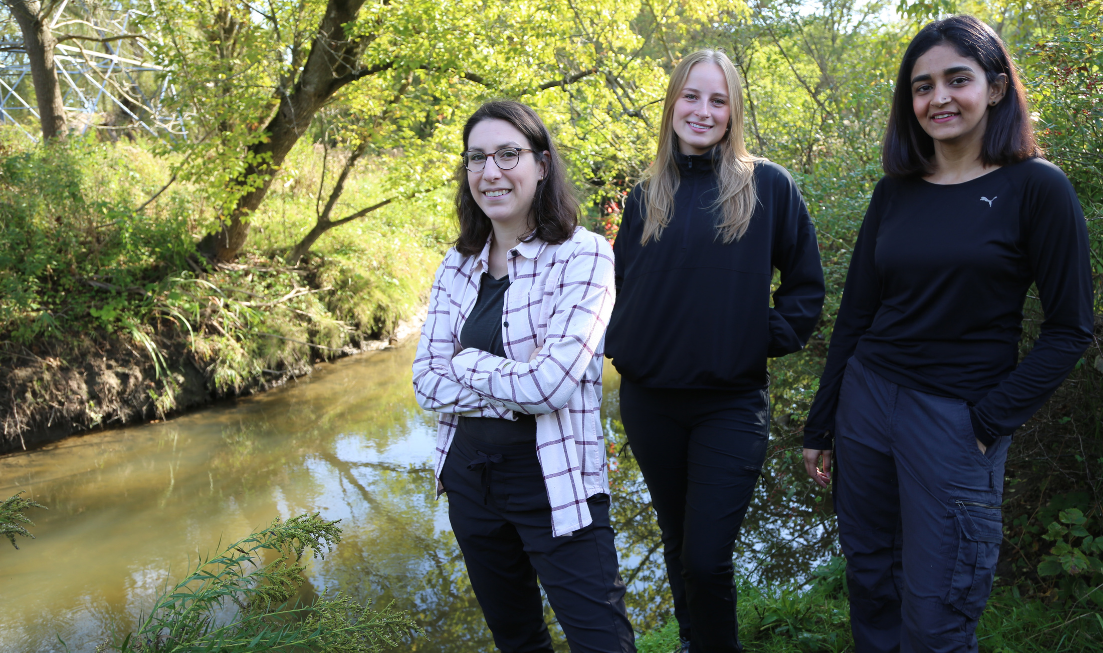
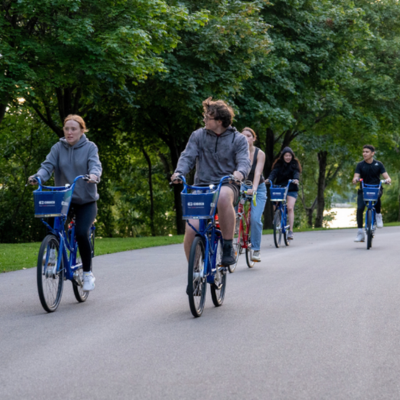 Ride for a greener tomorrow: Water Cycles
Ride for a greener tomorrow: Water Cycles
Experts and several dozen community members pedalled along Hamilton’s shorelines before gathering to discuss the importance of water research and sustainability practices. Starting at campus, the Water Cycles ride travelled the Waterfront Trail to Bayfront Park, where speakers shared research and insights on water sustainability.
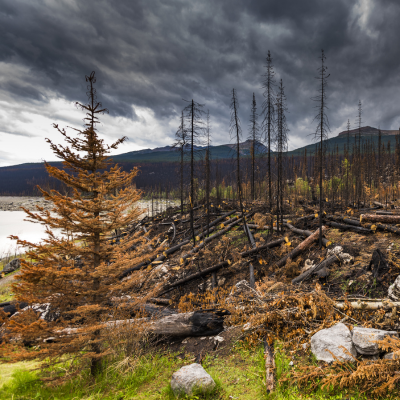 Filter effectively clears ash and wildfire debris from water
Filter effectively clears ash and wildfire debris from water
As wildfires become more pervasive and increasingly impactful on the health and well-being of remote and marginalized communities, McMaster researchers have discovered a quick and cost-effective method for removing ash and other dissolved organic matter from drinking water.
Click here to learn more about McMaster’s commitment to water research and sustainability.
No. 51 worldwide for SDG 9: Industry, Infrastructure and Innovation
 Engineering project guides trucking fleets in transition to zero-emission vehicles
Engineering project guides trucking fleets in transition to zero-emission vehicles
A new initiative led by McMaster’s Institute for Transportation and Logistics seeks to accelerate the adoption of zero-emission vehicles within Canada’s trucking industry.
 McMaster recognized as a global leader in industry and research impact in new rankings
McMaster recognized as a global leader in industry and research impact in new rankings
McMaster’s strong partnerships with industry and its research excellence have been rated among the best in the world. Overall, McMaster tied for fourth in Canada and ranked among the top 100 public universities globally in the 2025 Times Higher Education World University Rankings. The university ranked 116th in a field of more than 2,000 public and private universities worldwide.
Engineering startup named one of Canada’s top investible clean tech companies
‘Why waste energy when you can harvest it?’ Harvest Systems, a leader in sustainable energy solutions, helps restaurants reduce emissions and costs without compromising efficiency.

 New McMaster research centre tackles the future of work
New McMaster research centre tackles the future of work
The McMaster Centre for Research on Employment and Work brings together experts from across faculties and disciplines to study challenges affecting work, workers and workplaces.
Click here to learn more about driving innovation at McMaster.
No. 59 worldwide for SDG 17: Partnerships for the Goals
McMaster University is actively engaged every year in hundreds of local and international collaborations and partnerships for research, community-driven initiatives, student and faculty exchanges, sharing a breadth of knowledge and bringing together complementary expertise. Here are a few examples:
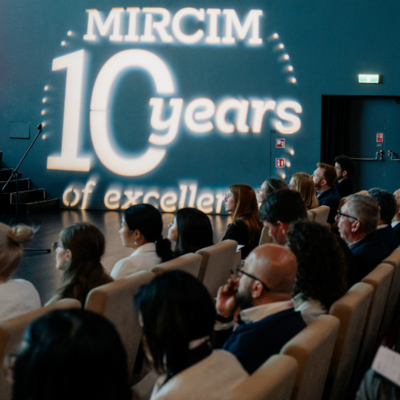 A decade of excellence: Medical innovation takes centre stage at prestigious conference
A decade of excellence: Medical innovation takes centre stage at prestigious conference
A collaboration between McMaster and the Polish Institute for Evidence Based Medicine, the annual McMaster International Review Conference of Internal Medicine has grown exponentially in just a decade, bringing together hundreds of experts in internal medicine.
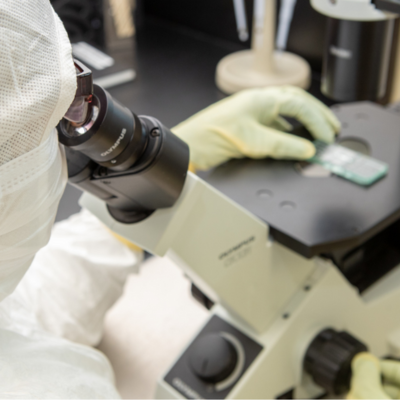 Pandemic Ontario invests $45 million in Canadian Pandemic Preparedness Hub
Pandemic Ontario invests $45 million in Canadian Pandemic Preparedness Hub
McMaster’s world-class life sciences facilities are getting a boost as part of a $45 million provincial investment in biomanufacturing infrastructure through the Canadian Pandemic Preparedness Hub. A partnership between McMaster, the University of Ottawa and the Ottawa Hospital, the hub is designed to bolster Canada’s domestic biomanufacturing capacity and pandemic preparedness.
New program offers eye-opening internships in Ghana and Liberia
Students in the International Youth Internship Program’s first cohort are working with local organizations on projects focused on education, mental health, and addiction.
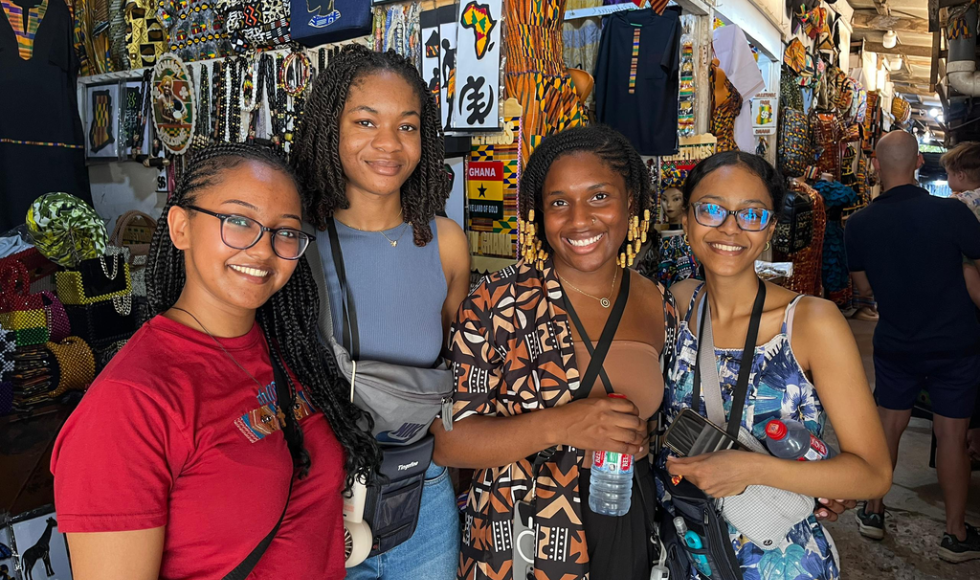
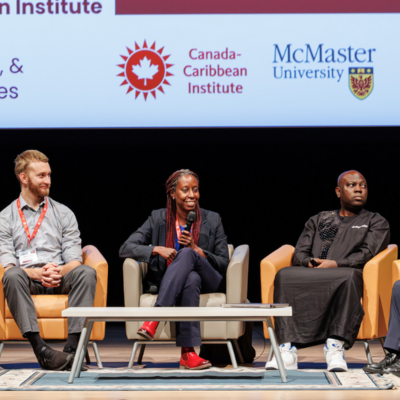 ‘Together, we can work to stop the climate crisis’
‘Together, we can work to stop the climate crisis’
International researchers, students, policymakers and community members exchanged insights and explored innovative solutions to climate change at the third annual Canada-Caribbean Institute Research Symposium, held at McMaster.
McMaster hosts nuclear industry leaders at Canadians for CANDU event
Canadians for CANDU includes industry leaders, members of the domestic supply-chain, academics, and citizens who believe Canadian expertise and innovation have a leading role to play in the deployment of nuclear energy solutions at home and abroad.

Click here to learn more about McMaster’s global partnerships.

